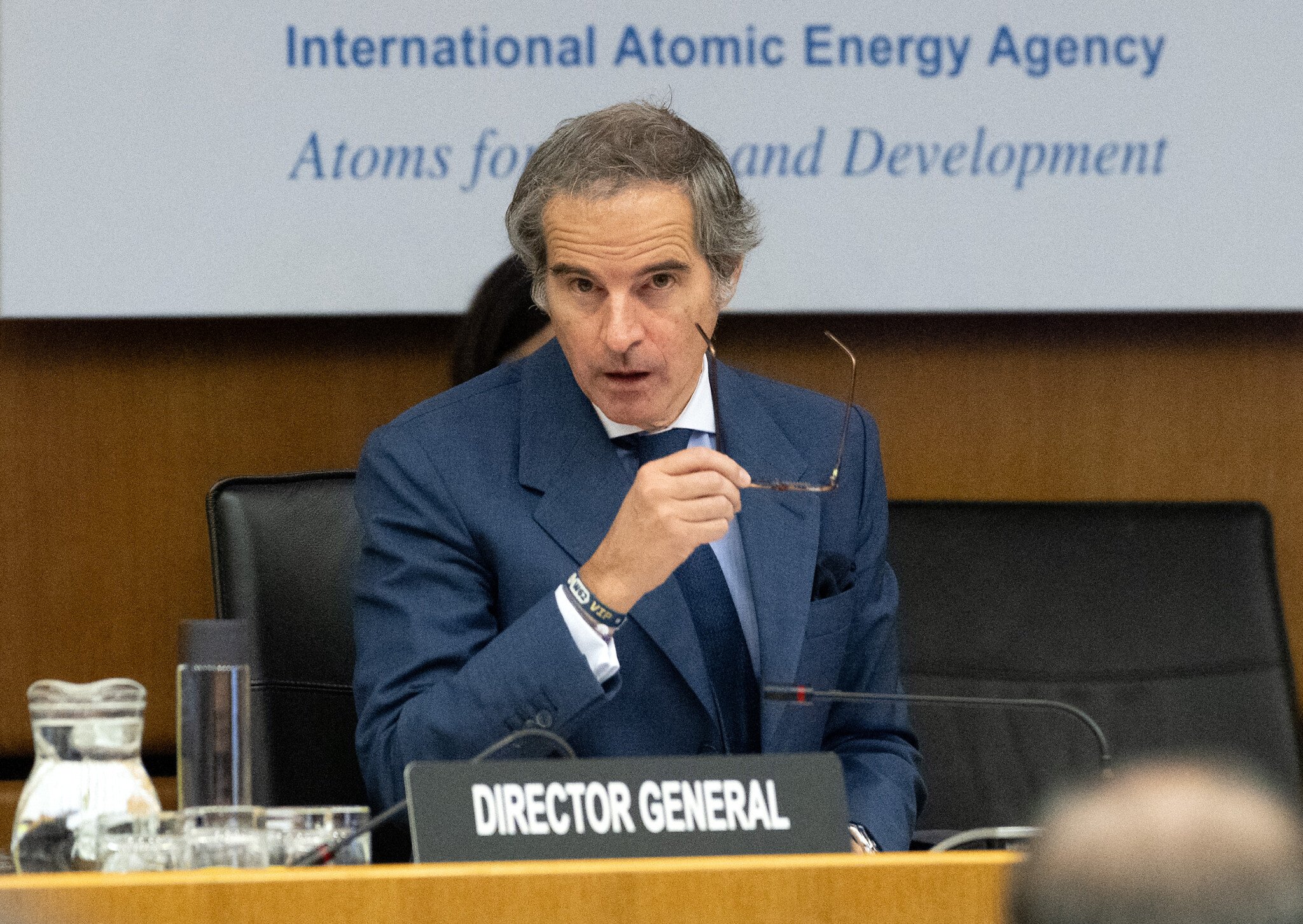* * *

www.timesofisrael.com
The head of the International Atomic Energy Agency, Rafael Grossi, rejects the notion that his agency and
the report it released last month on Iran’s nuclear activities are in any way responsible for triggering Israel’s assault on the Islamic Republic’s nuclear program.
“A report on the nuclear verification in Iran could hardly be a basis for any military action,” Grossi
tells CNN’s Anderson Cooper. “Military action, from whomever it comes, is a political decision that has nothing to do with what we’re saying.”
Tehran previously suggested that the report, and the subsequent IAEA declaration that Iran violated its nuclear safeguards obligations, had “prepared the ground” for Israel’s attack.
Grossi notes that much of what was included in the report was “essentially not new,” and that the nuclear watchdog has been warning for years that Iran was refusing to share data on its nuclear activities.
“In that report, I also said that, at this point, we do not have any indication that there is a systemic program in Iran to manufacture a nuclear weapon,” Grossi cautions, stressing that the IAEA only reports on what it can verify itself, and does not engage in speculation.
Asked about the timeline in which Iran could theoretically produce a nuclear weapon, even an extremely crude one, Grossi says it is one thing to have enough enriched uranium for a nuclear weapon — the IAEA report had estimated that Iran had enough uranium, if enriched further, for nine nuclear bombs — but another thing entirely to have a warhead to put it in.
“It’s true that in the early 2000s, there had been some activities which were assessed at that time as related to nuclear weapon development…we are not seeing this now,” he says, adding that, therefore, discussing a timeline would be nothing more than “pure speculation.”
He reiterates, however, that Iran is the only non-nuclear weapon state to be enriching uranium to the level that it is.



